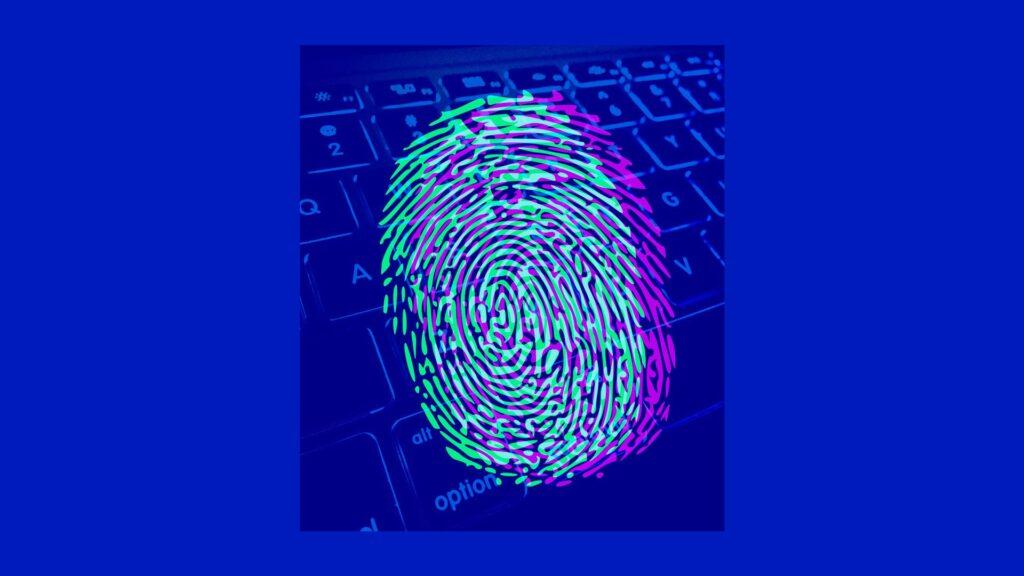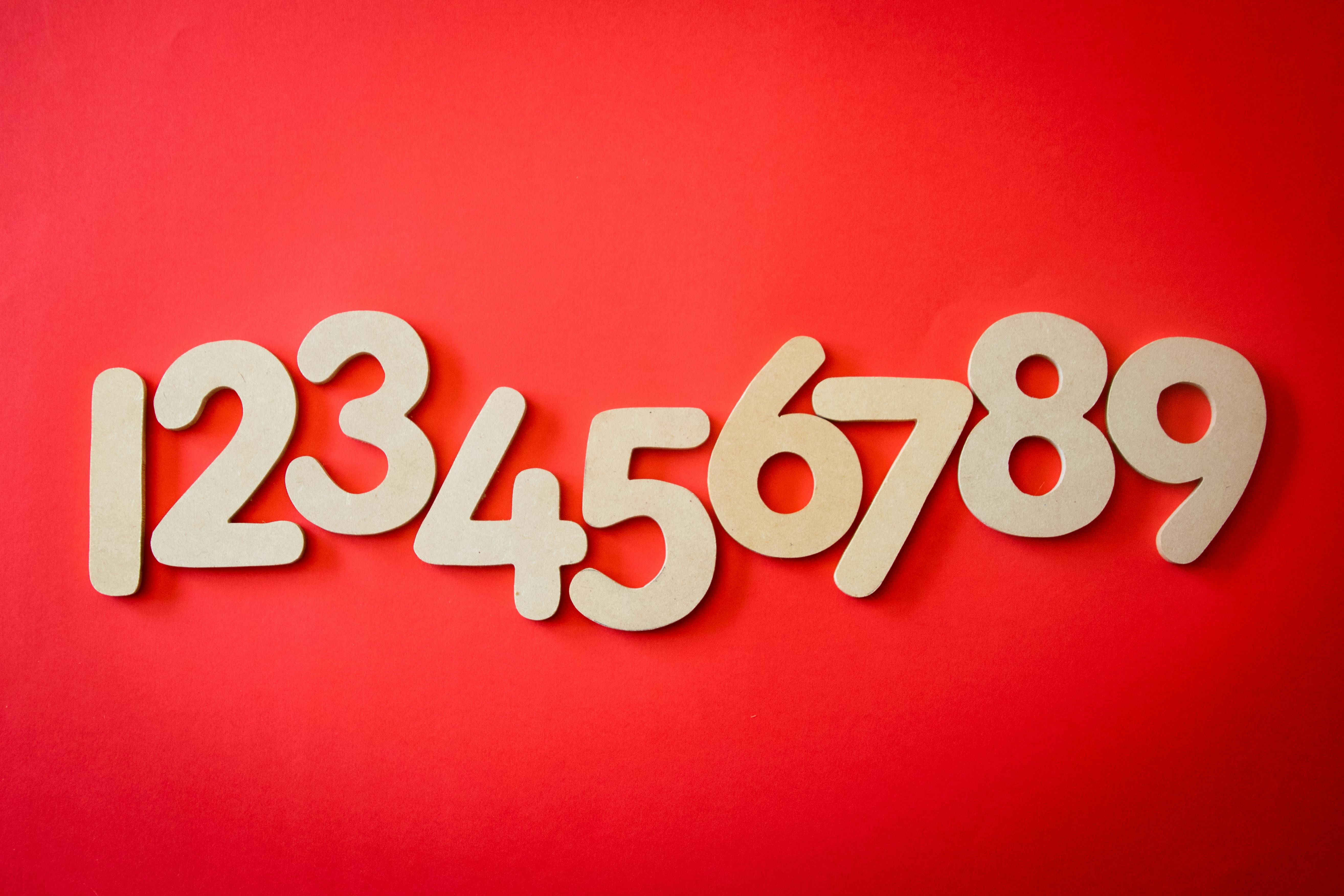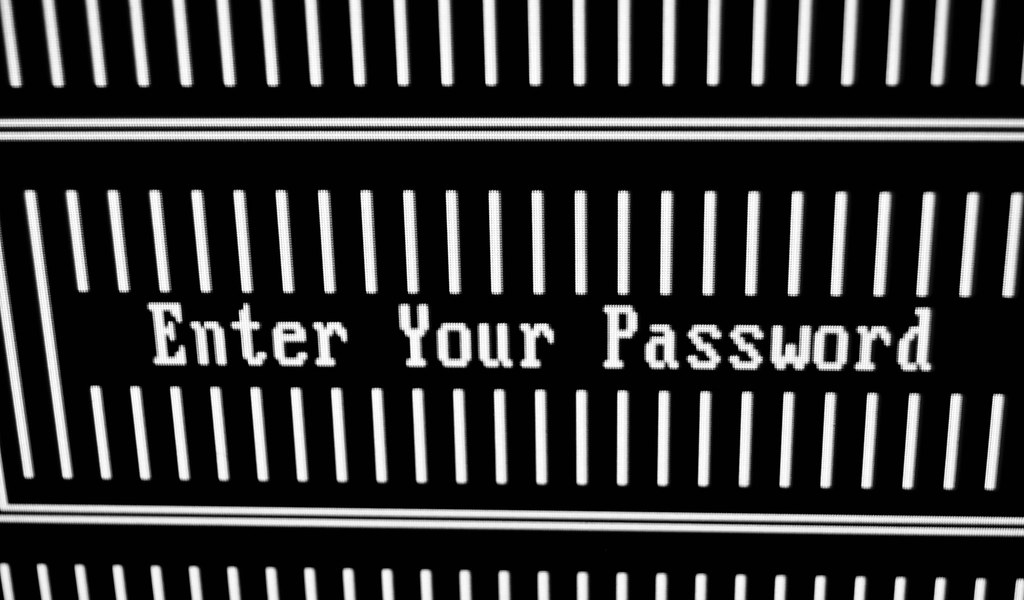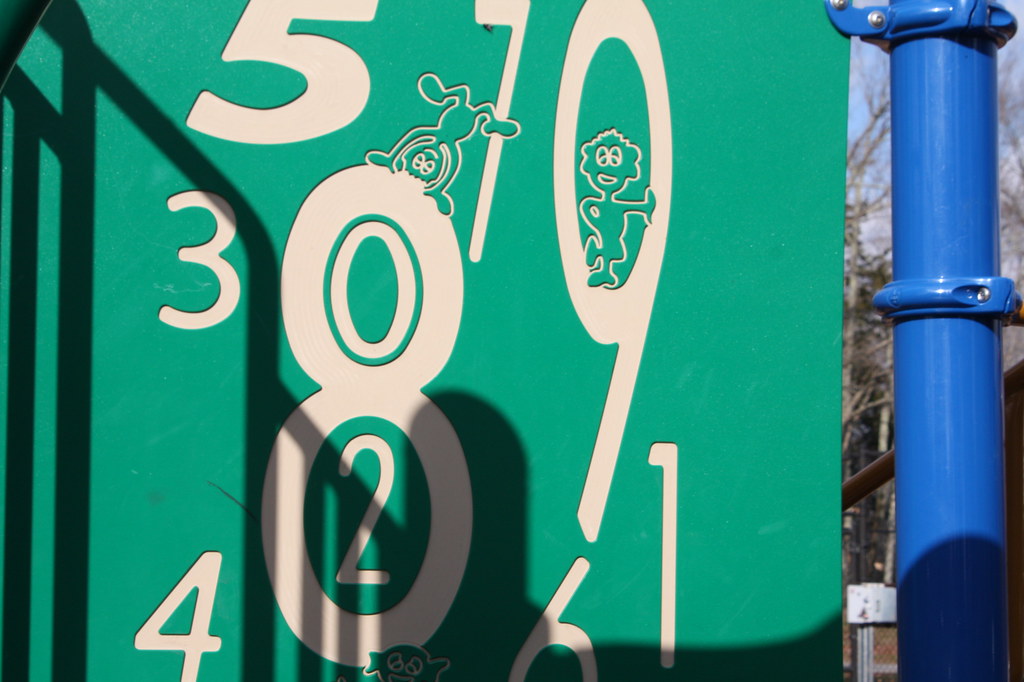
In our increasingly digital world, online fraud isn’t just a distant threat; it’s an escalating reality. Despite constant warnings and a growing awareness of cybersecurity risks, many internet users continue to make a critical, yet entirely avoidable, mistake: choosing weak, easily guessable passwords. This article is your urgent wake-up call, as we unveil the absolute worst passwords of 2025 – the ones hackers can crack in under 10 seconds, leaving your digital life exposed.
It’s an alarming truth: while technology speeds forward, the human element in cybersecurity remains stubbornly predictable. The context reveals a continued preference for convenience over complexity, with countless passwords falling short of the most basic security recommendations. We’re talking about those lacking the recommended mix of uppercase and lowercase letters, numbers, and symbols, and often those that are simply too short. These aren’t just ‘bad’ passwords; they are, quite literally, ‘an open invitation to cyber threats.’
This isn’t about shaming; it’s about safeguarding. Security researchers have poured over data breaches, and the common threads among compromised accounts are these glaringly obvious password choices. What you’re about to see isn’t just a list; it’s a clarion call to reassess your digital habits and prioritize password security. Avoiding these common pitfalls is not just smart, it’s essential for protecting your online identity and data in the coming year.

1. **123456**
This seemingly innocuous sequence of numbers continues to reign supreme as one of the most predictable passwords in the world, a veritable ‘perennial favorite’ for users seeking ultimate ease. Its simplicity is precisely its downfall, making it a dream come true for cybercriminals. It requires no thought to create, and tragically, even less effort for a hacker to guess.
When security researchers compile lists of the weakest links in online security, ‘123456’ consistently tops the charts. It’s often the very first combination brute-force programs or dictionary attacks try, and for good reason—it works, shockingly often. This password is a prime example of lacking ‘any semblance of complexity’ and being ‘void of the recommended mix of uppercase and lowercase letters, numbers, and symbols.’
The alarming prevalence of ‘123456’ means that using it isn’t just a personal risk; it contributes to a broader vulnerability across the internet. Should one account be breached, the use of this common password across multiple platforms amplifies the risk, turning a single point of failure into a widespread compromise. It’s a habit that compromises the strength of a single account and increases the risk of widespread access.
This isn’t just a bad password; it’s the poster child for terrible digital choices. Opting for ‘123456’ is like leaving your front door wide open with a ‘Welcome’ mat for anyone with ill intentions. It fundamentally undermines the purpose of having a password in the first place, offering virtually no defense against even the most rudimentary hacking attempts.
Read more about: 13 Essential Steps for Maximizing Your Home Sale Price: A Comprehensive Guide for Sellers

2. **password**
There’s a deep irony in choosing the word ‘password’ as your password, yet it consistently appears among the top offenders year after year. It’s a choice that speaks volumes about user complacency and a fundamental misunderstanding of basic security principles. This isn’t just lazy; it’s an active disservice to your own online safety, almost inviting trouble.
Hackers don’t need sophisticated tools to crack ‘password.’ It’s a standard entry in every dictionary attack list, and automated bots will try it within milliseconds. The context states that such choices are among the first to be tried by cyber criminals, and ‘password’ is a prime example of a ‘common term’ that offers zero resistance. It’s under 20 characters, entirely alphanumeric in a simple way, and lacks any genuine creativity or structure.
The danger of using ‘password’ extends beyond individual accounts. Because it’s so common, it becomes a universal key for hackers targeting multiple platforms. If you use ‘password’ for one account, chances are you might use it (or a slight variation) for others. This habit drastically increases the ‘risk of widespread access should one account be breached,’ as identified by security researchers.
This password choice is a stark reminder that while technology progresses, the human factor can still be ‘alarmingly predictable.’ It literally shouts to anyone looking that you haven’t bothered to protect your data. It’s essential to avoid ‘password’ and any similar iterations to build a robust defense against ever-present cyber threats.
Read more about: Why Your Home Wi-Fi Is Slow: 12 Common Mistakes and Quick Fixes for a Faster Network

3. **123456789**
Adding a few more digits to the infamous ‘123456’ sequence doesn’t magically imbue it with robust security. ‘123456789’ is merely a slightly longer version of the same profoundly flawed concept: a straightforward, predictable numeric progression. This variation is also a ‘perennial favorite’ among users who might mistakenly believe length alone equates to strength.
Despite its slightly extended length, ‘123456789’ is just as easily defeated by hackers. It still represents a simple numerical sequence, directly contradicting the need for complexity and variety in character types. Automated cracking tools recognize and test such patterns almost instantly, making it trivial for cybercriminals to gain unauthorized access, often in mere seconds.
The continued prevalence of ‘123456789’ in data breaches underscores a critical gap in user awareness. It’s another example of a password ‘lacking creativity and structure,’ and ‘void of the recommended mix of uppercase and lowercase letters, numbers, and symbols.’ This type of password provides a false sense of security while offering minimal, if any, actual protection against modern hacking techniques.
Choosing ‘123456789’ is a dangerous gamble. It suggests a user is aware that a password should be longer than six characters but hasn’t grasped the core principle that true security comes from randomness and complexity, not just numerical extent. It reinforces the ‘urgent need for users to reassess their approach to password creation,’ steering far clear of such simple numeric extensions.
Read more about: Could Your Old $2 Bill Be Hiding a Fortune? What You Need to Know

4. **qwerty**
The ‘qwerty’ password draws its infamous predictability from the layout of a standard English keyboard. It’s a pattern that requires no mental effort, merely a swift slide of the fingers across the top row of keys. This makes it an incredibly common, yet equally dangerous, choice, highlighting how physical interfaces can inadvertently lead to widespread security vulnerabilities.
Hackers are intimately familiar with this pattern, making ‘qwerty’ another one of those ‘simple sequences and common terms’ that are exploited with shocking efficiency. Dictionary attacks and pattern recognition algorithms can identify and crack this password in an instant. Its fundamental flaw lies in its complete lack of randomness or unique character composition.
Using ‘qwerty’ isn’t just about an individual oversight; it reflects a broader trend of users opting for sheer convenience over robust protection. This type of password is often short, entirely lowercase, and completely lacks the essential elements of a strong password, such as a mix of character types and sufficient length. It embodies the ‘lacking creativity and structure’ identified by security researchers.
The danger is compounded if you reuse ‘qwerty’ across various online accounts. This ‘alarming’ practice significantly increases your risk profile. A single breach could compromise multiple services, emphasizing why ‘avoiding them is a fundamental step toward enhancing cybersecurity.’ It’s a password choice that offers no real barrier against determined cyber threats.
Read more about: The Great Tech Purge: 14 Iconic Smartphone Features That Secretly Vanished from Our Pockets

5. **abc123**
‘abc123’ represents a slight evolution from purely numeric or keyboard-based sequences, attempting to blend alphabetic and numeric characters. However, this blend is so incredibly common and predictable that it offers barely any additional security. It’s an example of a password that looks like it might have some complexity, but in reality, it’s just another ‘feeble password’ on a hacker’s checklist.
This combination of sequential letters followed by sequential numbers is a prime target for automated cracking software. It falls squarely into the category of ‘simple sequences and common terms’ that are easily guessed. The slight variation doesn’t deter sophisticated algorithms; they’re programmed to recognize and test such highly common patterns almost instantaneously, leading to a crack in ‘under 10 seconds.’
The ‘NordPass study highlights these weak passwords, emphasizing the importance of robust alphanumeric combinations for maintaining online security,’ and ‘abc123’ fails that test miserably. It shows a minimal effort at complexity without understanding *what* truly makes a password strong. It’s not just about mixing character types, but doing so randomly and uniquely.
Opting for ‘abc123’ demonstrates a preference for ease of recall over genuine security, a common pitfall that exposes users to significant risk. This choice underscores the critical need for individuals to move beyond such transparent patterns and embrace truly unique, complex passwords that stand a chance against persistent cyber threats.

6. **111111**
Repetition is rarely a virtue in password creation, and ‘111111’ stands as a stark testament to this rule. This password, consisting of six identical digits, is perhaps the epitome of a complete lack of complexity. Its extreme simplicity makes it one of the easiest for hackers to guess, serving as another ‘open invitation to cyber threats’ from the moment it’s set.
Like its sequential cousins, ‘111111’ is a ‘perennial favorite’ for those prioritizing convenience above all else. However, this means it’s one of the very first combinations tested by automated password-cracking tools. Such a pattern offers no resistance to brute-force attacks, allowing cybercriminals to bypass security protocols in a fraction of a second.
This password, being so short and repetitive, is a glaring example of neglecting ‘the recommended mix of uppercase and lowercase letters, numbers, and symbols.’ It’s a single, unchanging character repeated, offering no variation or cryptographic strength whatsoever. It is a password that, for all intents and purposes, might as well not exist.
The ‘prevalence in data breaches underscores the urgent need for users to reassess their approach to password creation’ and to immediately abandon such easily detectable patterns. Relying on ‘111111’ is a dangerous choice that puts your personal information and digital assets at severe risk, making it imperative to upgrade to something far more robust and unique.
Alright, buckle up, because if you thought the first batch of password no-gos was bad, we’re just getting started! We’ve already seen how patterns like ‘123456’ and terms like ‘password’ are basically red carpets for cybercriminals. But guess what? The ingenuity (or lack thereof) of human password choices continues to alarm. Get ready for another round of shocking password fails from 2025, proving that some habits are just too hard to break for many online users. This next segment of our ‘Worst Passwords’ countdown is a crucial reminder of why we need to step up our digital defense game.
We’re moving beyond the top six to highlight more entries from the comprehensive list of 25 commonly used passwords that are dangerously easy to crack. These aren’t minor missteps; they represent significant security holes that hackers exploit every single day. The common thread here? A persistent preference for simplicity over security, opening the door for rapid hacking attempts. Let’s dig in and unveil the next set of passwords you absolutely need to ditch, pronto, if you value your digital peace of mind.
Read more about: Hollywood’s Casting Switch-Ups: Stars Who Were Fired From Big Movie Roles

7. **12345678**
Many users, perhaps thinking they’re clever, simply extend the notorious ‘123456’ sequence. Their logic might be, ‘more characters equals more security, right?’ Wrong. ‘12345678’ is merely a slightly longer version of the same profoundly flawed concept: a straightforward, predictable numeric progression. It remains a perennial favorite among those who mistakenly believe length alone grants protection against cyber threats.
Despite its extended length, this password is just as easily defeated by cyber attackers. It still represents a simple numerical sequence, directly contradicting the fundamental need for true complexity and variety in character types. Automated cracking tools are specifically programmed to recognize and test such obvious patterns almost instantly. For a hacker, this sequence is essentially a direct passkey, allowing unauthorized access in mere seconds.
The alarming persistence of ‘12345678’ in data breaches highlights a critical gap in user awareness. It’s yet another glaring example of a password completely ‘lacking creativity and structure,’ and woefully ‘void of the recommended mix of uppercase and lowercase letters, numbers, and symbols.’ This type of password offers a dangerously false sense of security, providing minimal, if any, actual protection against modern hacking techniques.
Choosing ‘12345678’ is a gamble you cannot afford to take. It signifies a user might understand the need for a longer password but has missed the core principle: true security stems from randomness, unpredictability, and a unique character set. This choice dramatically reinforces the ‘urgent need for users to reassess their approach to password creation,’ urging everyone to steer far clear of such simple numeric extensions.
Read more about: Fortify Your Digital Fortress: 14 Proactive Strategies to Shield Your Identity from Scammers

8. **admin**
The password ‘admin’ is a special kind of terrible, often found where default settings haven’t been changed. It’s the default username for countless routers, content management systems, and other online platforms. When users don’t change the default password that matches the default username, they’re essentially leaving their digital back door wide open for any opportunistic cybercriminal. It’s a choice that screams “easy access.”
Hackers, knowing the pervasive nature of ‘admin’ as a default, will try it almost immediately in their automated attacks. It’s a standard entry in every hacker’s playbook, tested within milliseconds by bots scanning for vulnerabilities. This common term offers absolutely zero resistance, making it trivial for unauthorized individuals to gain control. The context reminds us that such choices are among the first to be tried by cyber criminals.
The risk of using ‘admin’ as a password is exponentially amplified due to its common pairing with the ‘admin’ username. This dual default scenario means if you haven’t changed both on a device or platform, you’re providing the exact blueprint for a takeover. This habit significantly increases the ‘risk of widespread access should one account be breached,’ transforming a single point of laziness into a critical system-wide vulnerability.
This isn’t just a bad password; it’s a fundamental security oversight. Relying on ‘admin’ for anything important is asking for trouble. It underscores the critical importance of immediately changing all default usernames and passwords upon setting up any new device or online service. Don’t be that person who hands over the keys to their digital kingdom without a fight!
Read more about: The ‘Worst’ Vehicle Inspection Policies? Examining 12 States with Minimal Requirements

9. **letmein**
Here’s a password that truly showcases the human desire for convenience mixed with a touch of wishful thinking: ‘letmein’. While it might seem a bit whimsical, its directness is precisely its undoing. This password is less a security measure and more of an earnest plea, signaling to hackers that breaking in will require virtually no effort. It’s an alarming password choice that exemplifies a complete disregard for robust security protocols.
Cybercriminals find passwords like ‘letmein’ incredibly low-hanging fruit. Automated dictionary attacks are designed to test common phrases and words, and a sequence as straightforward as ‘letmein’ is a guaranteed hit. It possesses none of the complexity or randomness that would deter even basic hacking attempts. It’s entirely alphanumeric in a simple way, utterly ‘lacking creativity and structure.’
The danger isn’t just in its obviousness, but also in the mindset it represents. Choosing ‘letmein’ signifies a user’s fundamental misunderstanding of what makes a password strong – it prioritizes memorability over protection. This kind of choice is a stark reminder that the human element in cybersecurity remains ‘alarmingly predictable.’ It literally signals to anyone looking that you haven’t bothered to protect your data.
To truly fortify your digital defenses, you must move beyond such transparent and suggestive password choices. ‘letmein’ offers no genuine barrier against persistent cyber threats and serves as an unequivocal ‘open invitation to cyber threats.’ It’s essential to avoid ‘letmein’ and any similar iterations to build a robust defense against ever-present online dangers. Your digital safety deserves more than a whispered request.

10. **Welcome**
‘Welcome’ is another common term on the ‘worst passwords’ list, often used with a naive assumption that its capitalization or length offers protection. But just like ‘password’ or ‘letmein’, this friendly greeting transforms into a gaping security flaw when used as a digital key. Its everyday familiarity is its Achilles’ heel, making it one of the easiest words for cybercriminals to guess.
Hackers frequently employ dictionary attacks, systematically trying every word in various languages, and ‘Welcome’ is a standard entry. Automated bots can test and crack such a common term in mere milliseconds. The context states that ‘simple sequences and common terms’ are exploited with shocking efficiency, and ‘Welcome’ fits this description perfectly, offering virtually no resistance.
The danger of ‘Welcome’ is compounded by its common variations, such as ‘Welcome1’ or ‘Welcome2025’. These slight modifications do little to enhance security, as hackers anticipate and try these common permutations. They still fall into the category of passwords ‘lacking creativity and structure,’ and ‘void of the recommended mix of uppercase and lowercase letters, numbers, and symbols.’ Such predictable tweaks offer a false sense of security.
Opting for ‘Welcome’ or its variations demonstrates a preference for ease of recall over genuine cybersecurity. This persistent pitfall exposes users to significant risk, underscoring the critical need to move beyond such transparent patterns. To truly secure your online presence, you need unique, complex passwords that stand a chance against the relentless barrage of modern hacking techniques. Don’t welcome hackers into your accounts!
Read more about: Seriously?! The 10 Most Hilariously Fake Movie Props That Blew Our Suspension of Disbelief

11. **user**
Similar to ‘admin’, the password ‘user’ is a tragically common choice, often appearing as a default username for various systems, devices, and online portals. The convenience of not having to think of a new credential can be tempting, but using ‘user’ as your password is a colossal security blunder. It’s essentially the digital equivalent of labeling your house key with “Front Door Key” and leaving it under the doormat.
For cybercriminals, ‘user’ is an obvious guess, a low-effort entry point tried almost instinctively. Automated scripts and bots include this term in their standard dictionary attacks, knowing its widespread use as both a username and a fallback password. Its simplicity and predictability mean it can be cracked in ‘under 10 seconds,’ leaving your account completely exposed to malicious intent.
The fundamental flaw with ‘user’ lies in its absolute lack of uniqueness and complexity. It’s a short, common word that utterly fails to incorporate any of the recommended security elements—no mix of cases, numbers, or symbols. This choice is a prime example of a password that’s ‘lacking creativity and structure,’ making it a high-risk option that offers no real defense against even rudimentary hacking attempts.
This widespread use of ‘user’ for both username and password significantly increases the ‘risk of widespread access should one account be breached.’ If a hacker gains access to one account using this weak combination, they are likely to try it on others. It’s a habit that dramatically compromises your online safety across multiple platforms. Always, always, change default credentials to unique, strong passwords immediately.
Read more about: Seriously?! The 10 Most Hilariously Fake Movie Props That Blew Our Suspension of Disbelief

12. **000000**
Repetition, as we’ve learned from ‘111111’, is the antithesis of strong password creation, and ‘000000’ is another glaring example of this dangerous truth. This password, consisting of six identical zeros, represents an absolute pinnacle of carelessness and a complete lack of complexity. Its extreme simplicity makes it one of the most effortless for hackers to guess and exploit, serving as an outright ‘open invitation to cyber threats’ the moment it’s configured.
Like its sequential and repetitive counterparts, ‘000000’ is a ‘perennial favorite’ for anyone prioritizing ultimate convenience over essential security. However, this ease for the user directly translates to ease for the attacker. It is among the very first combinations relentlessly tested by automated password-cracking tools. Such a transparent pattern offers absolutely no resistance to brute-force attacks, enabling cybercriminals to bypass security protocols in a mere fraction of a second.
This password, being so short and uniformly repetitive, stands as a stark testament to neglecting ‘the recommended mix of uppercase and lowercase letters, numbers, and symbols.’ It is a single, unchanging character repeated, offering no variation, no cryptographic strength, and essentially no barrier whatsoever. For all practical purposes, a password like ‘000000’ might as well not even exist, as it provides virtually zero defense.
The continued ‘prevalence in data breaches underscores the urgent need for users to reassess their approach to password creation’ and to immediately abandon such easily detectable, repetitive patterns. Relying on ‘000000’ is an incredibly dangerous choice that directly exposes your personal information and digital assets to severe risk. It is absolutely imperative to upgrade to something far more robust, unique, and genuinely complex to protect yourself in today’s digital landscape.
Phew! That was a whirlwind tour through the digital danger zone, revealing just how many ways we inadvertently invite cyber trouble with weak passwords. From obvious numerical sequences to common default terms and wishful phrases, these ‘worst passwords of 2025’ aren’t just statistics; they’re direct threats to your online privacy and security. But here’s the good news: recognizing these pitfalls is the first, and most crucial, step towards fortifying your digital defenses.
Now that we’ve unveiled these alarming choices, let’s talk about how to protect yourself with some advanced strategies. It’s not enough to just know what *not* to do; you need to actively implement robust measures. First and foremost, embrace password managers! These incredible tools generate and store complex, unique passwords for all your accounts, meaning you only need to remember one master password. They eliminate the need for guesswork and the temptation of simple, repeatable patterns. Plus, they ensure your passwords are long and varied, ticking all the boxes for ultimate strength.
Read more about: Beyond the Court: Unpacking the ‘Simple Tricks’ That Fuel LeBron James’s Enduring Peak Physicality at 40
Next, activate Two-Factor Authentication (2FA) or Multi-Factor Authentication (MFA) everywhere you possibly can. This adds an extra layer of security beyond just your password, usually requiring a code from your phone or a biometric scan. Even if a hacker somehow cracks your password (which is highly unlikely with a password manager!), they still can’t get into your account without that second factor. It’s a game-changer for digital safety. Finally, stay vigilant! Regularly update your passwords, especially for critical accounts, and be wary of phishing attempts. Your online safety is a journey, not a destination, and continuous effort is key. So, dump those terrible passwords, get a manager, enable 2FA, and truly safeguard your digital life. You’ve got this!



